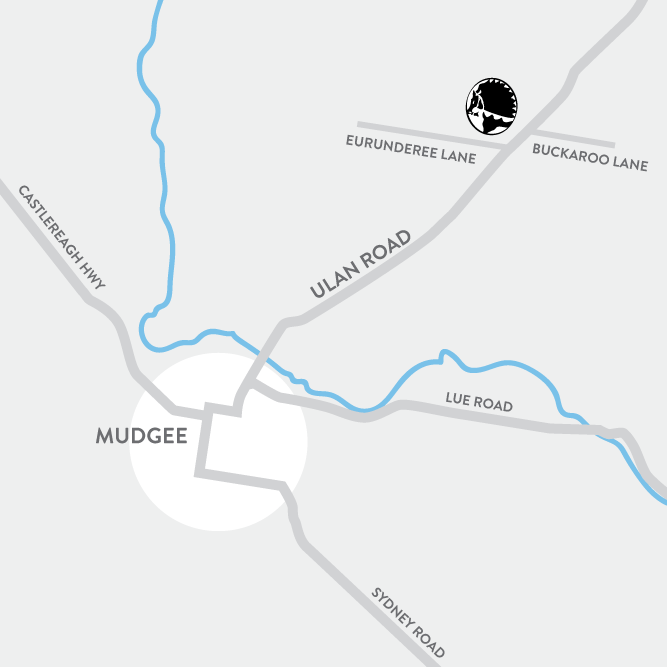- Home
- Tim's Ravings
- News from the Vineyard, Winter 2020
Tim's Ravings
Posted by on
News from the Vineyard, Winter 2020
It rained. It honestly felt like it was never going to happen. The dams and soil are brim-full with water, the vineyard is green, relieved, and refreshed.
We are firmly focussed on the future now and are investing in regenerative agriculture to heal and improve our soils, restoring vine health and a massive program in drought preparedness / mitigation.
The vineyard was planted dryland in 1969. It quickly became apparent that some supplementary irrigation was necessary and a bore was sunk in the 70’s that continues to deliver more reliable, quality water than we need. We are in the process of upgrading irrigation infrastructure to a “Primary” rather than “Supplementary” role, as rainfall patterns worsen and drought becomes more frequent. Storage dams, fed by the bore, have been enlarged to allow solar pumping 12 months of the year and reduce/eliminate the need for night diesel pumping. Inefficient dripline is being replaced to allow faster and heavier delivery of water at critical times such as before and after heatwaves. Moisture probes help us to use the water efficiently.
Traditional methods of fertilisation have proved redundant during periods of low rainfall as incorporation is impossible. New fertigation units have been installed to allow direct injection through driplines, and we have switched to all organic fertilisers.
Our vineyard soils are lean, shallow, and ideal for quality wine grape production. Organic matter is low and difficult to maintain in dry times. A renewed focus on improving soil microbial health and organic matter aims to maximise soil resilience, and to help the vines build carbohydrate reserves to recover, and prepare for future droughts. In addition to significant investment in fertilisation, diverse species mid-row cropping (radishes, beets, clovers, wheat) is delivering improved nutrition, root depth and water absorption. It also reduces the need for chemical usage by naturally outcompeting weeds.
The age of the vineyard is ideal for producing quality wine grapes, but with age comes degeneration of vines and falling yields, which is accelerated by the extreme stress of consecutive droughts. Replanting is ongoing. This will give us a balance of mature and young vines to produce an optimal balance of quality and volume, resilience, and youthful vigour.
Chardonnay and Shiraz are being replanted. Grenache is being introduced because of its drought-tolerance e.g., a variety that handles heat and low moisture conditions well and is suited to our soils and climate.
We are early adopters of emerging technologies to cope with drought conditions including sunscreens, foliar fertilisation, and wetting agents for soils.
We are building resilience and the future looks bright.
 Loading... Please wait...
Loading... Please wait...

